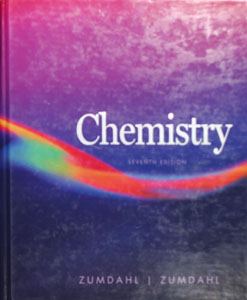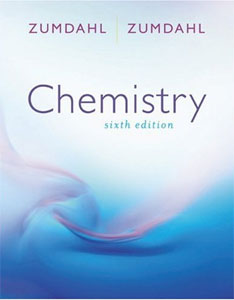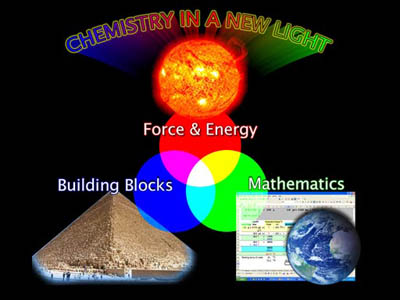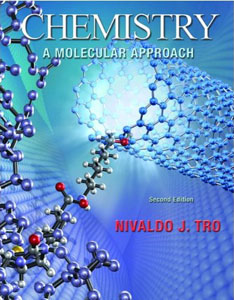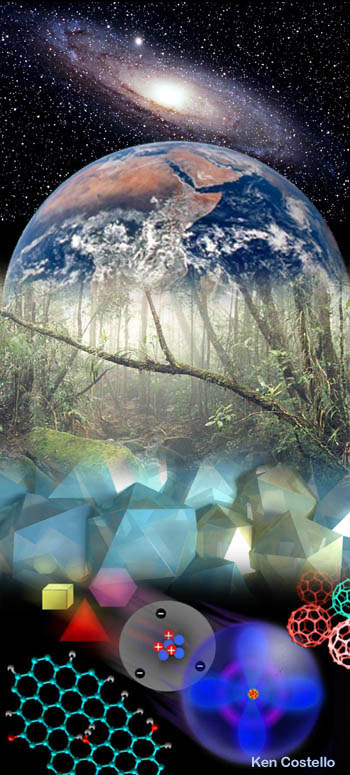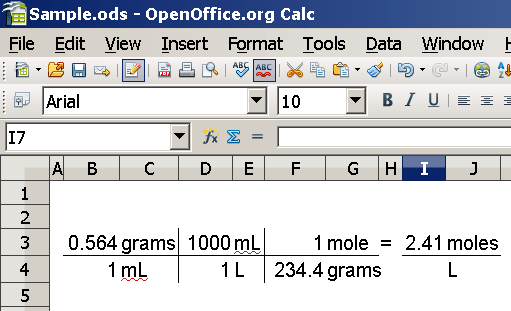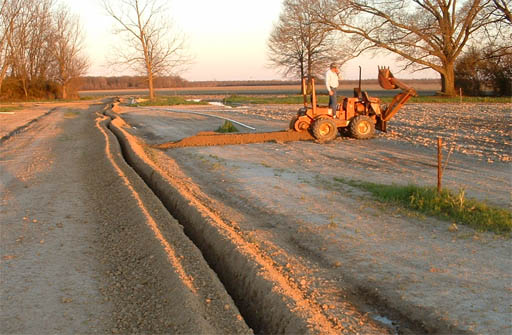| Missed Questions: I always offer students
chances to redo questions or assignments. My goal is that you learn the
material. If you restudy and do problems over again, I'm happy to regrade
it. Let's say you get 70% on a quiz. If you redo the 30% missed and get them all correct, I will give you 75% of your second score. So 75% of 30% is 22.5%. So your final score will now be 70%+22.5%=92.5%. The exception is if you give a far-fetched answer. In other words, an answer where you didn't seem to take time to visualize what was going on (Like calculating a volume 100 time larger than is possible). When you correct these really wrong answers, you will only get 1/2 credit when you correct that answer. For example, you miss 3 out of 10 questions and get 70%. 1 of your wrong answers was way off (like 100 times off). You redo the missed 3 and get correct answers. So you get 1/2 credit for the 1 that were originally very wrong (1/2x1=.5 and 75% of the two that were simply wrong (0.75x2=1.5). So you recovered 2.5 of the 3 missed ones. So you end with 9.5 correct out of 10, or 95%. So going from 70% to 95% is still worth redoing missed questions even if you are penalized somewhat for missing them in the first place. My goal is that you check your answers before turning them in and especially consider if they even seem reasonable. |
 |
PACING |
| The pacing of this class is like a high powered trencher. It digs in and keeps on going. Trenching services are paid by the foot, so they move as fast as possible, but they can't just scratch the surface. That would be a waste of time. If they hit a rock, they do what is necessary to remove it so they can keeping digging along. This is how you have to approach this class. You have to dig in and chew up the material. If you hit a rock, use the learning skills taught in the Pitfalls of Learning to get unstuck. Progress has to be steady. There's no way you or a trencher machine can start off slow and then later just zip through all the material that has to be unearthed. Your work day for digging through chemistry is about 1 1/2 hours a day, 7 days a week equaling about 10 hours a week. |
 |
| Since we are on the analogy of trenching, your work in CHM130 or high school chemistry means you have already dug through quite a bit of chemistry. Hopefully, you will remember much of that so that you don't have to start back at the beginning. CHM151covers the basics, but only as a review rather than like teaching it the first time. That means we will be going pretty fast through the materials that are covered in CHM130. That gives us more time for the new material. |
|
| CHECKING PROGRESS:
On the home page you will see a link to "CHECK PROGRESS". The
progress page is a table (like one below) that has links to all tutorials, quizzes, and assignments. This table also shows what assignments I have received and if there's any questions that need to be redone. If
I say "Rec'd 10-2" that means I received it on October 2nd, but I
haven't graded it yet. If questions are missed, I will say "Redo" followed
by the question numbers. After you fix the missed questions, your grade will go up. Also, instead of your name listed on the progress
sheet, I will give you a code name using the name of an element. That way you can see how others are doing, but you will not know their real name nor will they know your true name. |
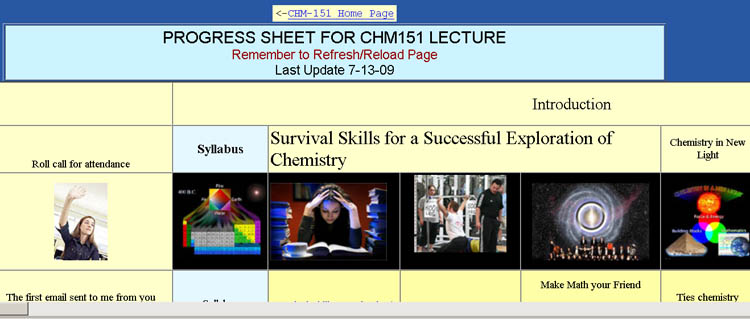
The Progress Sheet (progress page) has all the links you need to navigate through the class.
|
| DEADLINES VS. TARGET
DATES: Even though I do not have strict due dates, I do have target
dates that give you a pacing that spreads out the learning. I like the
course to be flexible to accommodate unforeseen circumstances or irregular
schedules. However, if you get too far behind, I will prod you to catch
up. If you do not communicate with me and are far behind, I may have to drop
you from the course. At the 45th day of class, I am required to drop students who are not making much progress. I will try to warn you if it looks like I have to drop you, but I can't guarantee that. |
|
All Maricopa Community College students are expected
to be familiar with the Student Guide that explains the policies, procedures,
and resources for students. A link to the home page for the Student
Guides is below.
http://www.maricopa.edu/legal/student/conduct.php
Besides student responsibilities, it has a wealth
of other information, also.
If you have any special learning needs let me know. The web page has
information on that as well. |
|
| In
summary, I think this class is challenging but also rewarding at the same
time.
Welcome to General Chemistry. Now,
dive in and see what's there.
CHM-151
Home Page
Below is link to the Syllabus as a Word document, which would be better for printing if you so desire.
Syllabus (Word document) |
|
